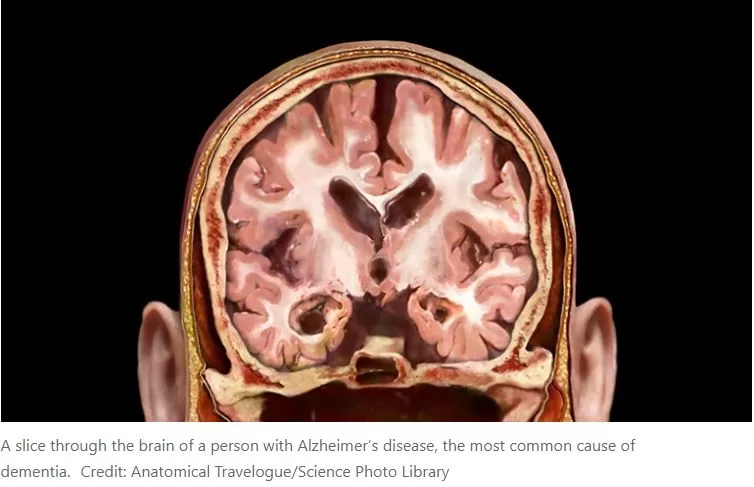A groundbreaking study by researchers from Helmholtz Munich and Ludwig-Maximilians-Universität (LMU) has revealed that SARS-CoV-2, the virus responsible for the Covid-19 pandemic, can linger in the skull and brain meninges for years after infection. The findings, published in the journal Cell Host & Microbe, highlight the virus’s potential long-term effects on neurological health.
Persistent Spike Proteins and Chronic Inflammation
The study discovered that the SARS-CoV-2 spike protein—the structure that allows the virus to invade human cells—remains in the meninges, the protective layers of the brain, and the skull’s bone marrow for up to four years post-infection. This lingering presence triggers chronic inflammation, significantly increasing the risk of neurodegenerative conditions.
Professor Ali Ertürk, Director at the Institute for Intelligent Biotechnologies at Helmholtz Munich, emphasized the severity of these effects: “The long-term neurological consequences of this persistent spike protein may lead to accelerated brain aging, with affected individuals potentially losing five to ten years of healthy brain function.”
Implications for Long Covid
The study provides insights into the neurological symptoms commonly associated with long Covid, including headaches, sleep disturbances, and cognitive impairments like “brain fog.” With an estimated 5-10% of Covid-19 patients experiencing long Covid, the findings suggest that approximately 400 million individuals worldwide may carry significant amounts of spike protein in their systems.
Role of Vaccines
While vaccines have proven effective in reducing the accumulation of spike protein in the brain, the reduction observed in mice was only around 50%. This residual spike protein may still pose a toxic risk, underscoring the need for further research into targeted treatments.
Advanced Imaging Technique Unveils Hidden Risks
To uncover these findings, the research team developed a novel AI-powered imaging technique capable of providing three-dimensional visualizations of viral proteins. This method allowed scientists to detect previously undetectable distributions of spike protein in tissue samples from both Covid-19 patients and laboratory mice.
Their analysis revealed elevated concentrations of spike protein bound to ACE2 receptors, which are particularly abundant in the skull and meninges, explaining the virus’s persistence in these regions.
A Call for Continued Research
The study sheds light on the long-term impact of Covid-19 on brain health and emphasizes the importance of vaccination in mitigating these effects. However, with residual risks remaining even after vaccination, further investigation is needed to fully understand and address the neurological consequences of the pandemic.
As millions continue to grapple with long Covid symptoms, this research underscores the need for innovative treatments to alleviate the burden of chronic inflammation and protect against accelerated brain aging.












